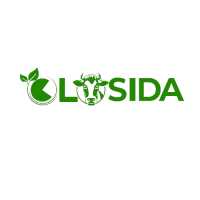Who We Are
Olosida is a builder of multifaceted Climate Resilient Projects that aid small scale farmers in developing and implementing adaptation and mitigation solutions in response to current and future climate change impact through Livestock Development in major pastoralist counties in Kenya i.e. Narok, Kajiado, Samburu and Marsabit. The organization seeks to accomplish this by halting deforestation, reducing waste from sugarcane factories, lower green gasses emissions, enhancing water accessibility and improving food security at large. In Narok County, Olosida stands out as a reputable breeder and distributor of high-quality dual-purpose Doper sheep and Sahiwal cattle thus far.
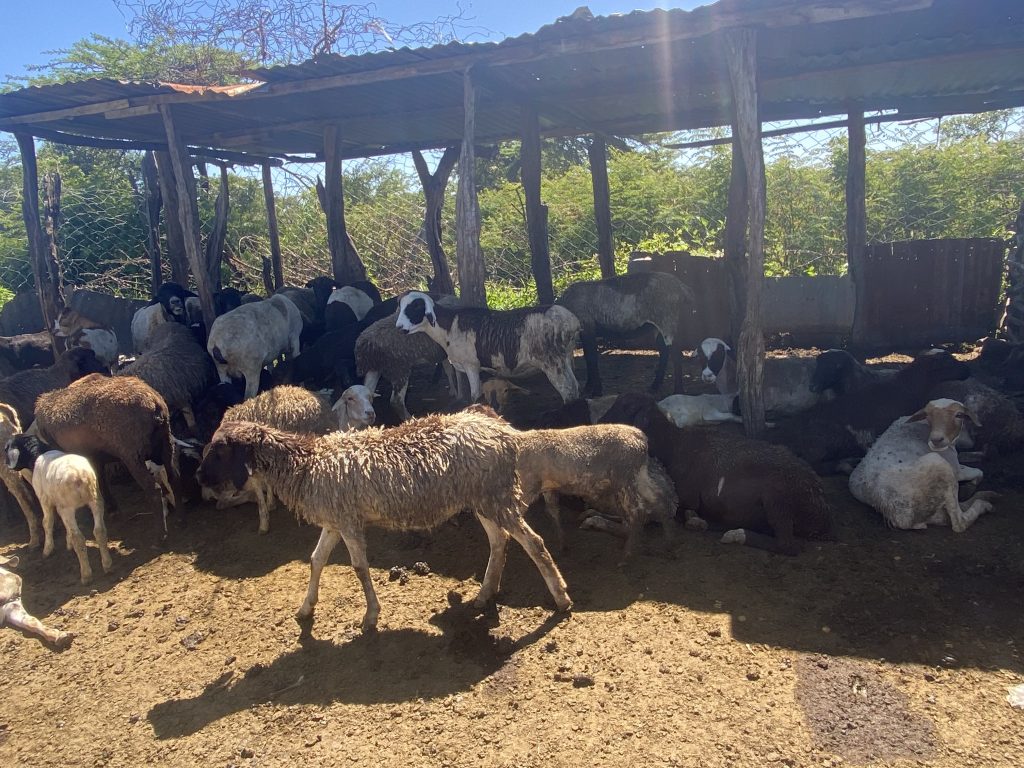
OUR MISSION
We strive to be the regional leader in protein food industry with livestock rearing and supply to produce desired traits and production of sustainable green feeds.
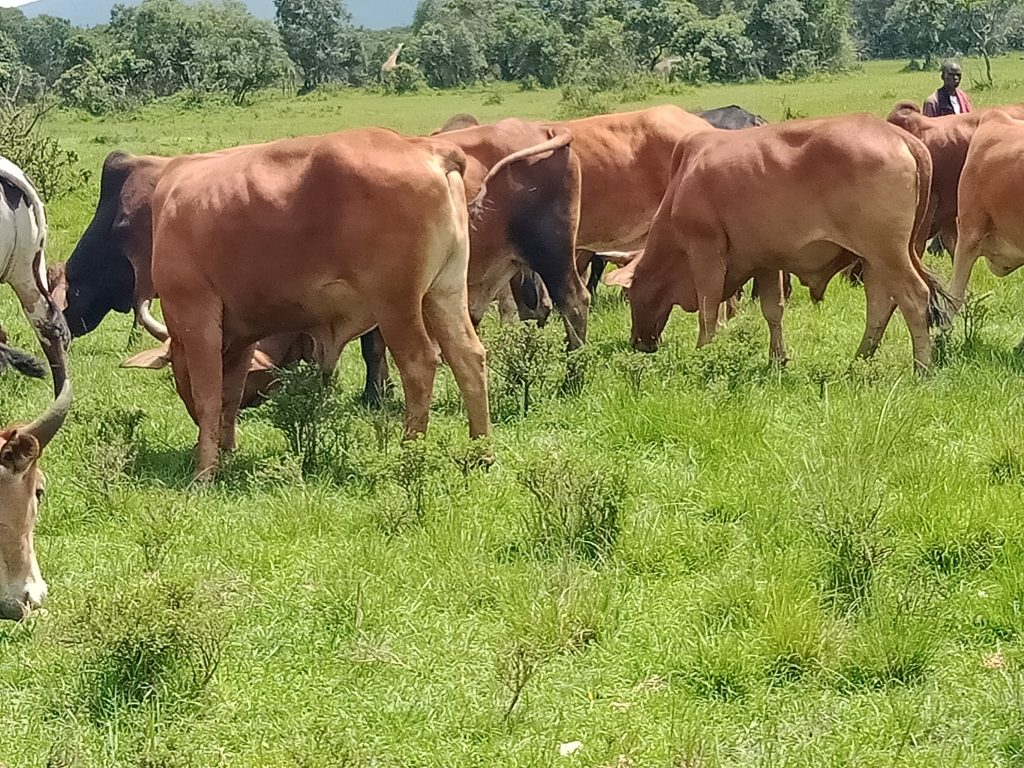
OUR VISION
To be a World class preferred protein food provider
Our Objectives
- To produce feeds that feed 50,000 animals in the next 3 years in Narok County, by up-cycling bagasse in livestock feeds.
- To reduce solid organic waste bagasse 20,000 tons in the next 2 years from TransMara Sugar and Sony sugar.
- To reduce feeds cost by 20% in the next 3 years in Narok county.
- To increase our livestock market share in Kenya to 1% in 5 years.
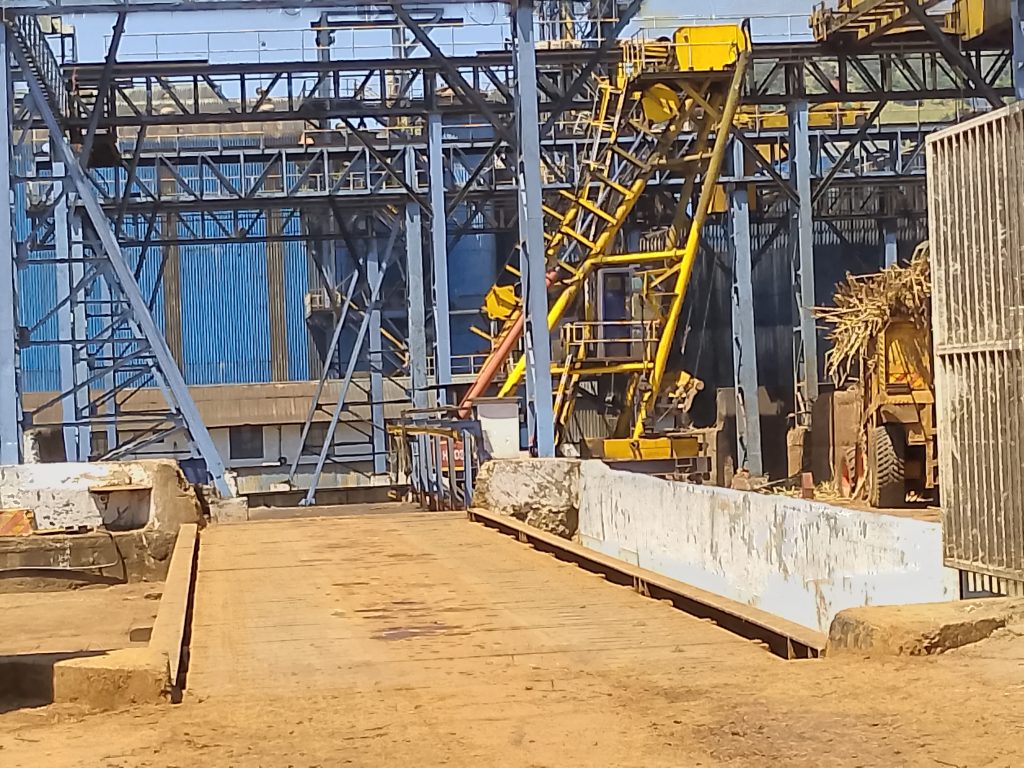
How We Work
A noteworthy aspect of Olosida’s work is, its pioneering role in transforming organic sugarcane waste (specifically bagasse and molasses) into valuable animal feed products and supplements. Our strategy involves providing small holder farmers with livestock that is robust, heat and disease tolerant, high feed conversion, along with sustainable processed feeds derived from sugarcane factory waste, cactus, and high yielding Napier grasses.
Bagasse is the largest waste from sugar factory, which has accumulated in all Kenyan sugar factories over the years as it lack other alternative uses. Bagasse is mixed with grass at a ration of 1:1. As bagasse has a high fibber content that can be used to feed sheep, goat and cattle.
We farm 20 acres of Juncao and Pankchon F1 in our farm at Oloonkolin Transmara which is 40 Km away from Transmara Sugar and Sony Sugar factories. At 90% efficiency these 20 acres can produce feed biomass of wet matter4,000 tons, that is1,500tons dry matter per year. With this we mix with bagasse of 4,000 tons. Meaning we are able to offload 4,000 tons of bagasse from going to factory land field which is already a menace. We this we are able to feed 2,200 cattle for a year or 22,000 sheep/goat for a full year.
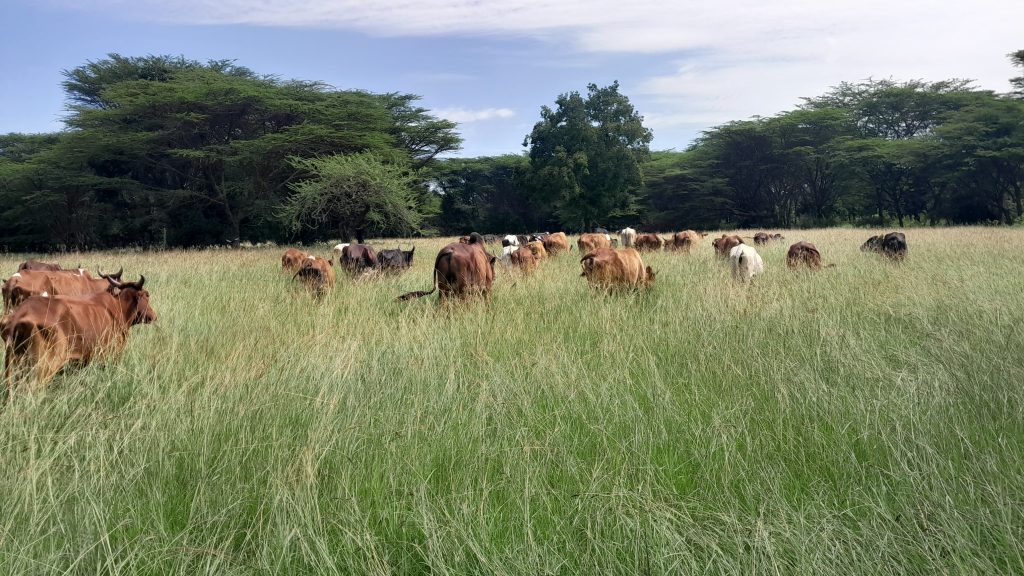
The feed has two ways of feeding, it can directly be fed to animals in powder way mixed with the chopped grass or the bagasse is mixed with the grass and concentrate and palatted together and animals are fed pallets.
The reason why use of bagasse is not popular in animal feeding is because it can’t be a stand-alone animal feed, it needs other feeds to make it a complete animal feed. The reason why as a company we are not selling the product directly as a feed is because: Our primary target are the pastoralist communities who entirely depend on grass and bushes to feed animals, these animals again are not trained to be fed at home. Bagasse is also bulky which can be expensive to store in town for possible resale. Most of the farmers in rural areas grow animal feeds for themselves. Most of the farmers who have adapted to purchasing feeds from shops are dairy, poultry and pig farmers. Beef, sheep, goat and camel farmers are still lacking behind relaying of grazing only, while this would be our target people.
The people who will first target to purchase our bulk animal feeds include: Feedlots, Livestock aggregators who stock animals before reselling and exporters who hold their animals before they export and fed animals on the ship while transporting them.
The business model is purchasing from farmer underweight lambs, bucks, cows, steers and bulls fatten them using the supplemented bagasse. They are fed for 90 to 180 days and sold to livestock aggregators, exporters, feedlots and to butcheries.
Impact
- We purchase livestock from farmers at a better price, which improves their income and living standards of 2,000 plus livestock famers.
- Improve livestock 20,000 livestock breeds, supporting 5,000 farmers have high quality animals, better feeds converters with disease tolerant abilities.
- Support 5,000 farmers in climate change adaptation like in droughts by providing high vegetative fodder seedlings and in resilience, regenerative agriculture trainings.
- Employment of 1000 people in the next 5 years, in different value chains, production, logistics, sales and in new stocks provided for rearing. This business also would benefit about 20,000 people.
- Put 1000 acres plus under improved land management.
- Hybrid Sahiwal cattle breed and the boar goat we bring to farmers, provide high nutrition to children mothers and households reducing malnutrition significantly.
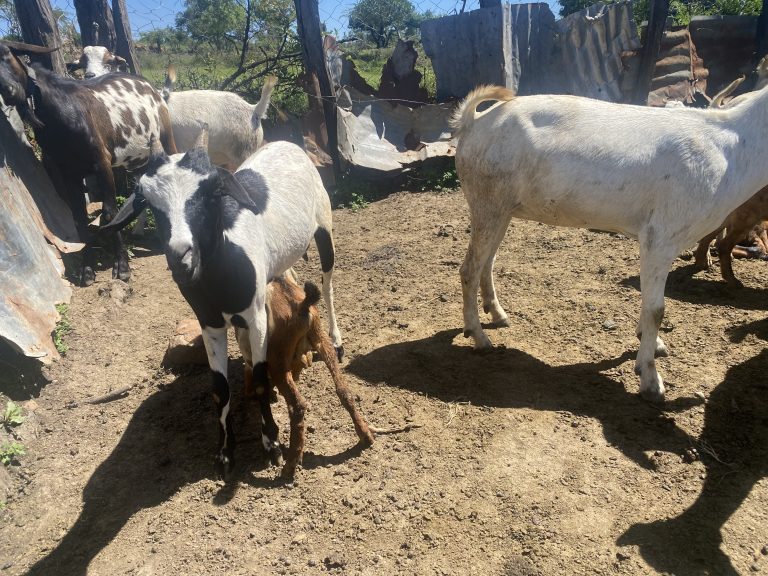
Meet The Team
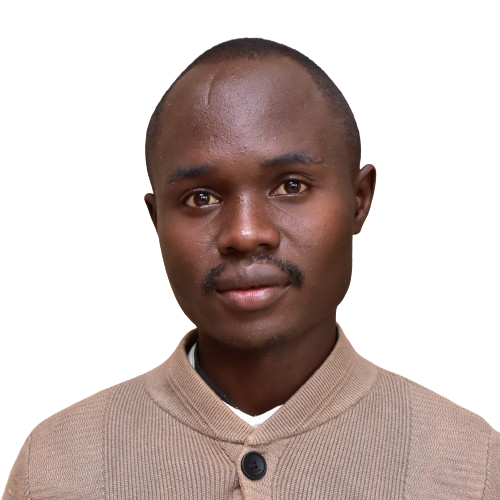
Emmanuel Lekishon
Founder and CEO
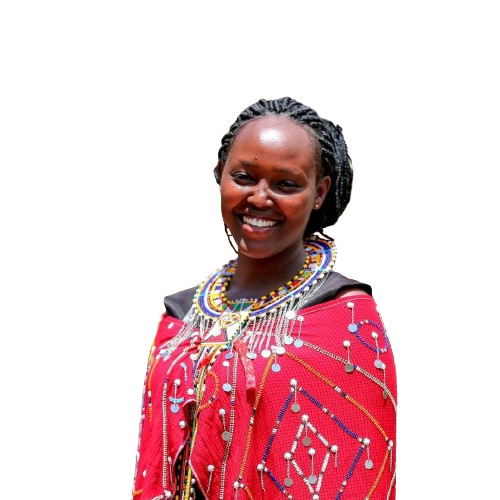
Naisiae Tumpes
Co-Founder and COO
Where We are
Olosida is located in Narok county and was establish in the year 2021 as a company.
